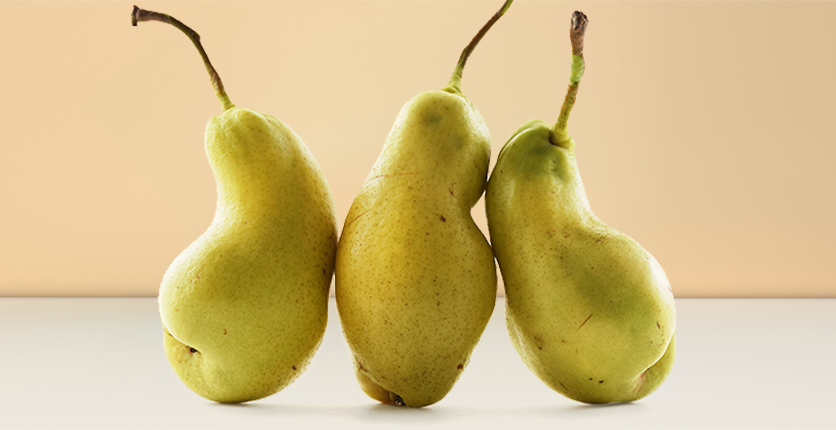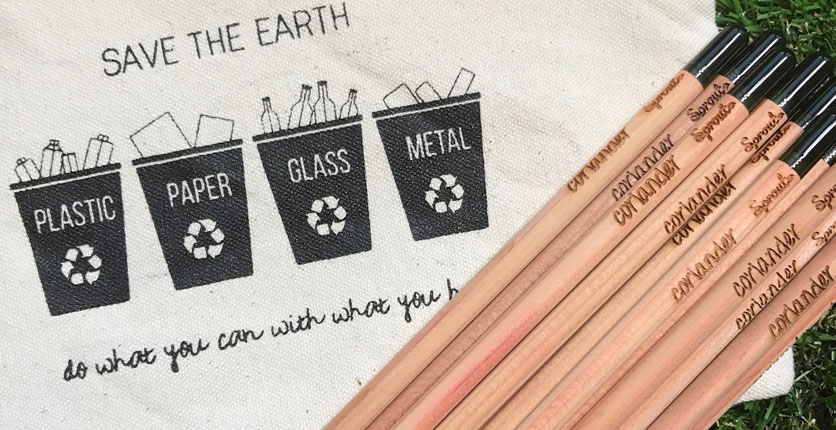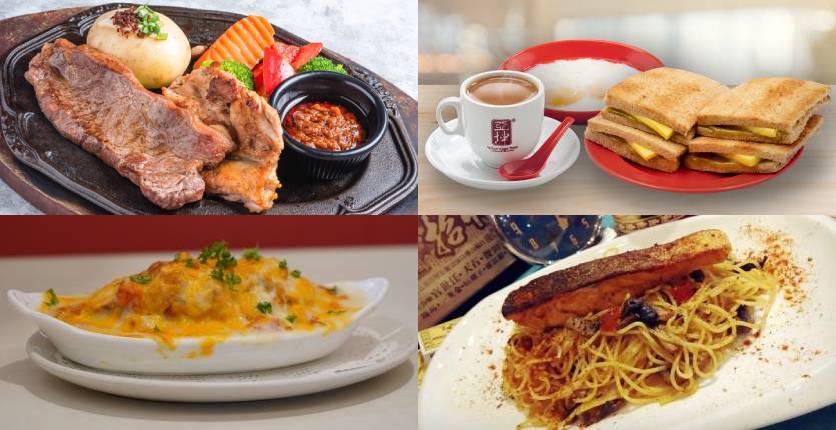With the human population forecast to hit 10 billion by 2050, the environment and our food system are coming under intense pressure.
Hence it is imperative for the food industry to be sustainable, believes Amarjit Sahota, founder of research consultancy Ecovia Intelligence, which organised the Sustainable Foods Summit 2020 conference in March that focuses on the ethical sourcing and traceability of food.
He says: “There is a growing realisation that agriculture and food production are directly or indirectly linked to many of the problems facing the planet – greenhouse gases, biodiversity loss, deforestation, plastic pollution, and so forth. Because of this, sustainability is becoming an intricate part of the food industry.”
At the same time, consumers have a role to play and need to make the right consumption choices, says Janissa Ng, senior manager, content & engagement, World Wide Fund for Nature (WWF) Singapore. Giving the example of sourcing locally, she adds: “Choose food items that are produced locally or sourced within the region to reduce our personal carbon footprint. By making sustainable lifestyle choices, we are also helping to support businesses that are responsible with the environment.”
But true sustainability extends beyond merely reducing greenhouse gas emissions, avers Yeo Pei Shan, co-founder of UglyFood. “It is important for Singaporeans to be aware of sustainable foods and know what they are eating. This is because eating is an everyday activity, and each day we are taking a step closer to depleting earth’s resources and supporting certain agricultural activity.”
Wong Jing Kai, founder of seafood-to-table restaurant Scaled, concurs: “While not the whole of Singapore will be able to switch overnight, everyone should take baby steps forward.”
NSman takes a look at how some local F&B businesses go sustainable.
Farm to table
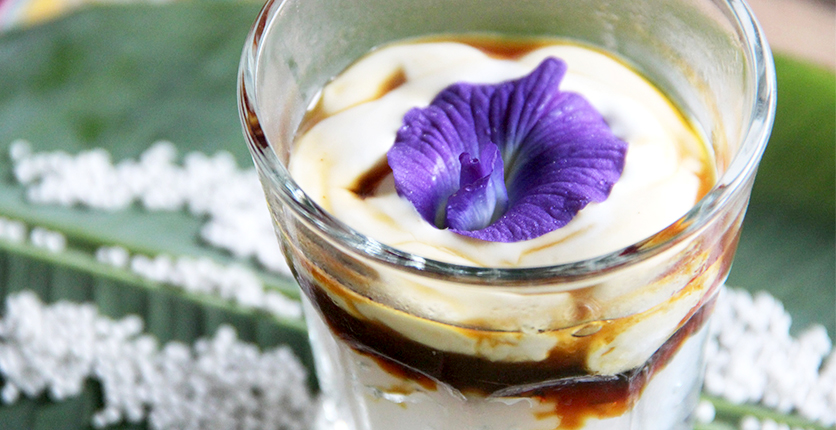
Poison Ivy Bistro
As part of Bollywood Veggies farm, located in Kranji, this farm-to-table café sources directly from its own gardens as well as local farms for vegetables, eggs, fish, mushrooms and herbs. “We promote the use of indigenous plants and their medicinal and health qualities, says bistro spokesperson, Manda Foo. “We also minimise usage of disposables and plastic in our bistro.”
The dishes it whips up include local ones such as house-made nasi lemak and laksa, as well as international flavours such as seasonal farm-to-table specials, including locally farmed Barramundi and freshly baked breads topped with herbs from its own farm.
On why it is important for Singapore to have more locally farmed produce, Foo says: “We depend on other countries for our food. It is extremely important for us to understand the implications of this near-total dependence and start taking steps to buy and eat sustainably. So we must create a strong local agriculture industry, and also support the right type of food imports.”
Seafood to table
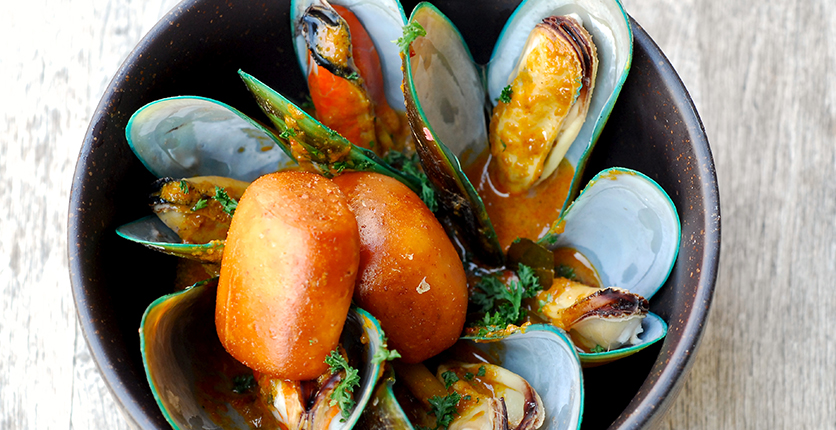
Scaled by Ah Hua Kelong
Scaled is an exemplary sustainable restaurant, given that it sources up to 90 per cent of its produce from its own seafood farm, Ah Hua Kelong. “We produce a menu which we feel best represents how we want to showcase our seafood direct from the kelong,” says the restaurant’s managing director, Wong Jing Kai.
Acknowledging consumers’ concern about the higher cost of locally sourced seafood, he reiterates that local produce has its benefits. “Most farms in Singapore focus a lot on freshness and quality – we harvest by sunrise and deliver by sunset. Quality-wise, we are controlled by the Singapore Food Agency, which tests our fish, providing assurance to the locals on freshness.”
Sustainable ingredients
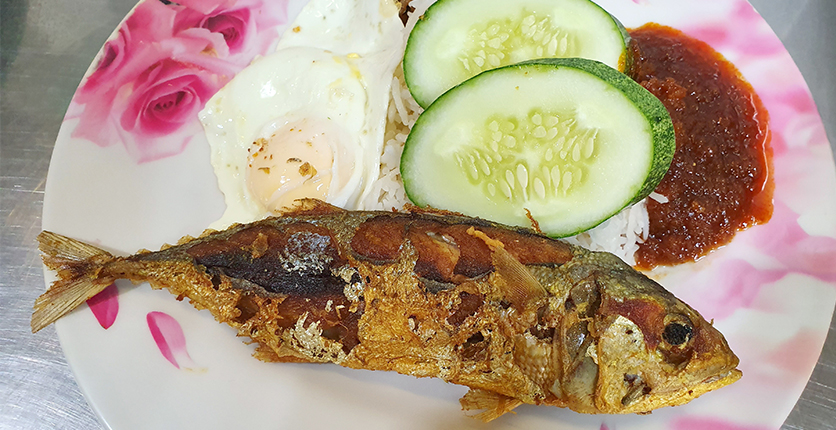
Mizzy’s Corner
Since 2016, the nasi lemak stall has collaborated with WWF Singapore on its sustainable seafood campaign and has switched from kuning fish to the more sustainable Indian mackerel. “We believe consumers would love to support changes that are for the better,” says Iskandar Abu Nazir, owner of the stall.
Since his switch, the price of his nasi lemak has increased by $1 to $4.50. “It took some time for customers to understand our move and we always try our best to explain to them about the WWF campaign. Over time, they become okay with it.”
Less Wastage
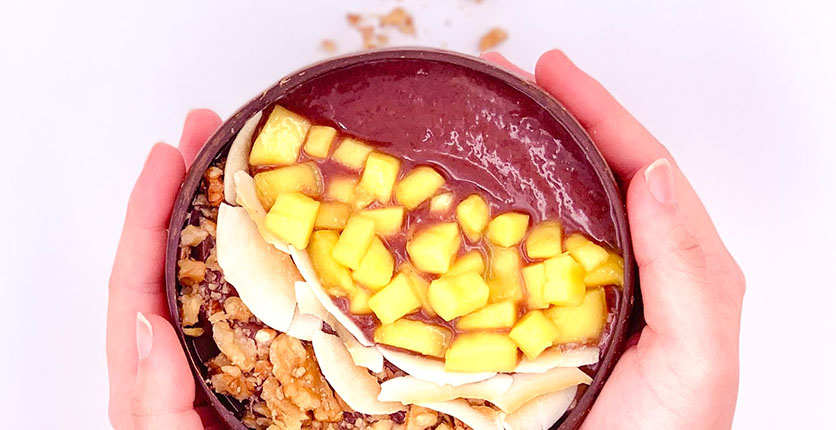
UglyFood
Vegan-friendly cold-pressed juices and sorbet popsicles – made from surplus or blemished but still good-to-eat fruit and vegetables – are the mainstay at UglyFood, a café cum juice brand whose mission is to reduce food wastage in Singapore. Its juices are packed in glass bottles and it also sends its close-to- spoilage foods to Ground Up Initiative for composting.
“We divert fresh produce from the landfill by transforming them into delectable and nutritious products or reselling them, so as to encourage people to eat healthily while wasting less food,” says co-founder Yeo Pei Shan.
